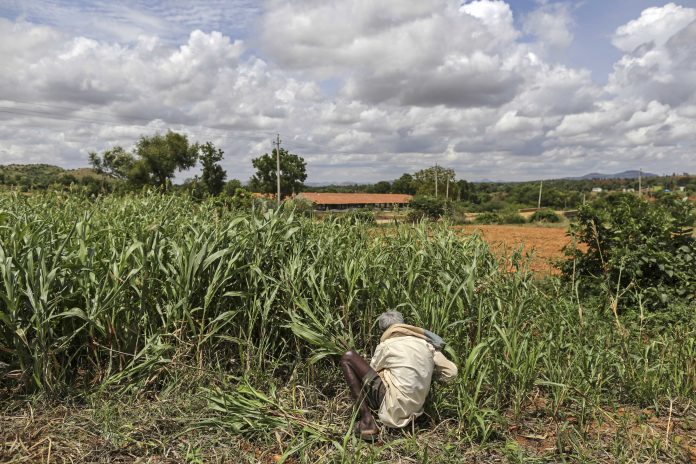
The PM-KISAN is the first major central government income support scheme for farmers in India. The Narendra Modi government announced the scheme in the interim Budget in February and recently expanded it in its first cabinet meeting after coming back to power in May.
Some states, notably Telangana and Odisha, have introduced such schemes much earlier.
The questions we need to ask are these: What are the implications of this new emphasis on income support scheme for India’s existing social policy regime? Particularly, has this new scheme made the MGNREGS (designed primarily as a targeted anti-poverty scheme) redundant? And, should the MGNREGS budget be diverted to the PM-KISAN?
MGNREGS funds for PM-KISAN?
The PM-KISAN can be financed by repurposing funds from existing schemes or with new revenue.
The previous government continued to support the Mahatma Gandhi National Rural Employment Guarantee Scheme (MGNREGS) despite its initial scepticism. But will the launch of PM-KISAN herald the end of the MGNREGS? Do they substitute each other or are they complementary?
The MGNREGS is a well-targeted scheme because of its self-targeting design. A beneficiary is required to perform relatively unpleasant work for relatively little money – those who have other employment opportunities will automatically choose not to seek benefits under the MGNREGS. It targets agricultural labour households, more than cultivators. In this sense, it is complementary to the PM-KISAN.
However, this self-targeting feature is not costless. If the beneficiary has to give up other work to benefit from the MGNREGS, the net benefit to the beneficiary is reduced. In addition, there is a material cost involved since employment is generated by building an asset, like a pond or a road, which needs material beyond labour.
While previously, many MGNREGS assets were public assets, a majority of them are now built on individual farms of small or SC/ST farmers. These assets can be farm ponds, livestock sheds or houses. Providing employment through such assets can lead to considerable overlap with the beneficiaries of the PM-KISAN because not only is it creating assets on small farmers’ land, the same target group as the PM-KISAN, it is also improving their farm productivity.
The MGNREGS and the PM-KISAN are thus complementary in another sense – the MGNREGS has the potential to improve productivity on individual farms and, potentially, raise demand for local agricultural labour.
Therefore, the case for replacing the MGNREGS with the PM-KISAN is weak.
Improve execution of MGNREGS
The focus, instead, should be on fully leveraging the PM-KISAN’s complementarity with the MGNREGS. To achieve that, the government needs to take immediate steps to improve the implementation of the MGNREGS.
Other ways of financing PM-KISAN
If not the MGNREGS budget, can other subsidies be reduced? The case for enhancing the PM-KISAN by reorienting fertiliser and perhaps even electricity subsidies is strong.
Safety net, not springboard
In the end, providing a safety net is just one function of the government. In a rapidly growing and an aspirational lndia, we need to also think about reliable springboards to enable rural children and youth to access the potential of the modern non-farm economy. The PM-KISAN, in that sense, is a safety net; it is not designed to be a springboard.
It’s true that income support can occasionally deliver a large bang for the buck. For instance, by easing cash constraints, it can lead to less indebtedness and better price realisations by removing the need to enter into buyback arrangements at low pre-set prices. It can also encourage diversification of incomes by enabling investment in non-farm activities. It can increase household savings.
But beyond safety nets, if we wish to build a reliable springboard for our future, we need to build consensus on making resources available and the mechanisms for delivering high-quality basic services, such as health and education, safe water supply, to everyone. Here, cash is not always the king.
Yamini Aiyar is the president and CEO of Centre for Policy Research. Partha Mukhopadhyay is a senior fellow at CPR.
This is the twenty-fifth in a series of articles titled “Policy Challenges 2019-2024” under ThePrint-Centre for Policy Research (CPR) collaboration. A longer version of this piece is available on the CPR website at www.cprindia.org. The full policy document on a range of issues addressed in this series is available on CPR’s website.
From interviews to new reports, catch ThePrint live in action on our YouTube channel. Subscribe here